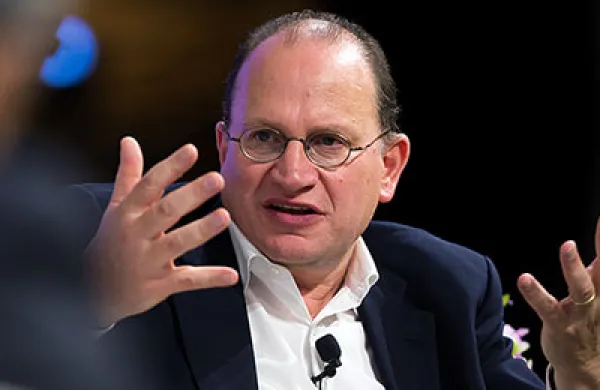Several bankers and research analysts walked out in a huff.
Today Green, 54, can be forgiven for suppressing a wry smile about the whole compensation kerfuffle. HSBC has by and large avoided the draconian layoffs of other firms, and, as anyone lucky enough to still have a job at a City investment bank can attest, de minimis annual payouts are now the norm. Moreover, Green's miserly bonus stance proved to be good marketing. "We had corporate clients come up to us and say, 'Thank God you've taken a stand,'" recalls HSBC chairman Sir John Bond.
What's more, Sir John says that Green's foresight and courage -- gall to his detractors -- helped persuade the HSBC board to designate the 21-year veteran, a former McKinsey consultant, to succeed retiring HSBC chief executive Sir Keith Whitson in May.
Green is an unpaid Church of England minister who preaches in London every few weeks. In 1996 he published a book titled Serving God? Serving Mammon? Christians and the Financial Markets. He tells Institutional Investor that banks like HSBC can demonstrate their morality by behaving responsibly toward employees, customers and community. "There's a very clear focus on doing the right kind of business, on long-term relationships with clients, on honesty and transparency," he says.
That's not to suggest that doing good is his only motivation. When Green looks out from his 41st-floor office in HSBC's new Canary Wharf tower, he sees the giant red Citigroup logo atop the U.S. bank's adjacent high-rise. That, Green says, "reminds us of the fact that banking is a very competitive business." Amen.




